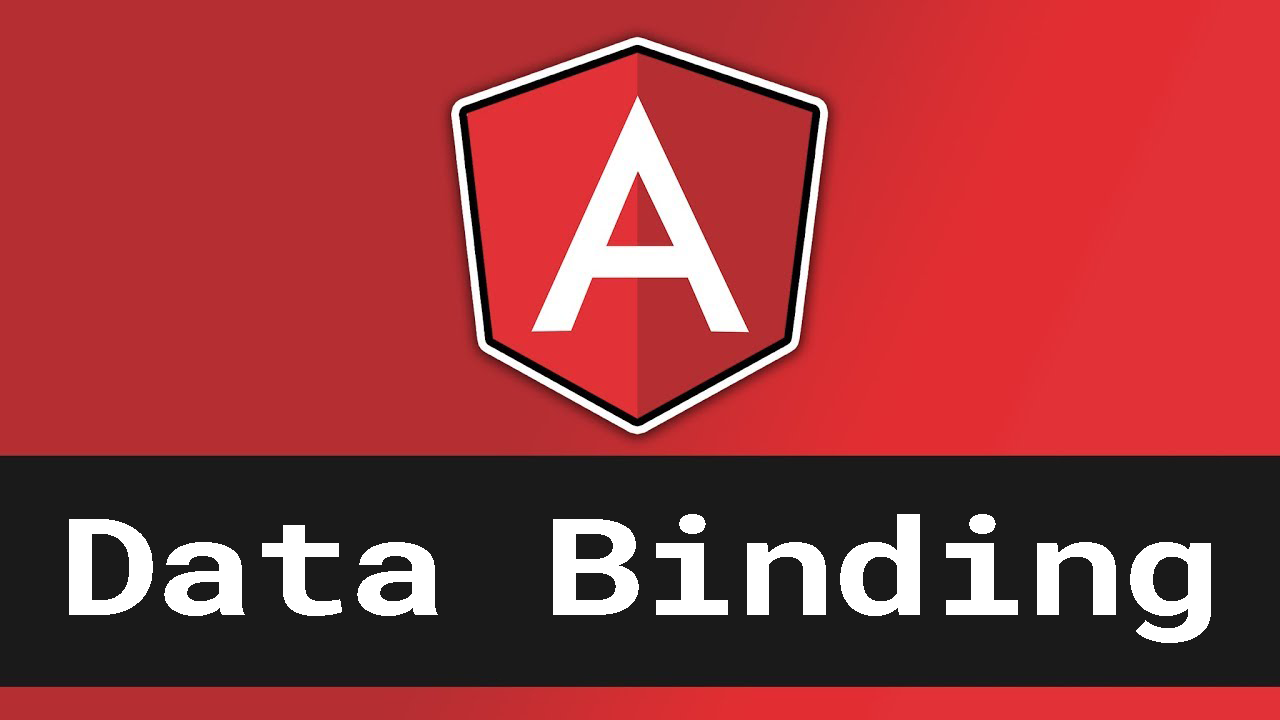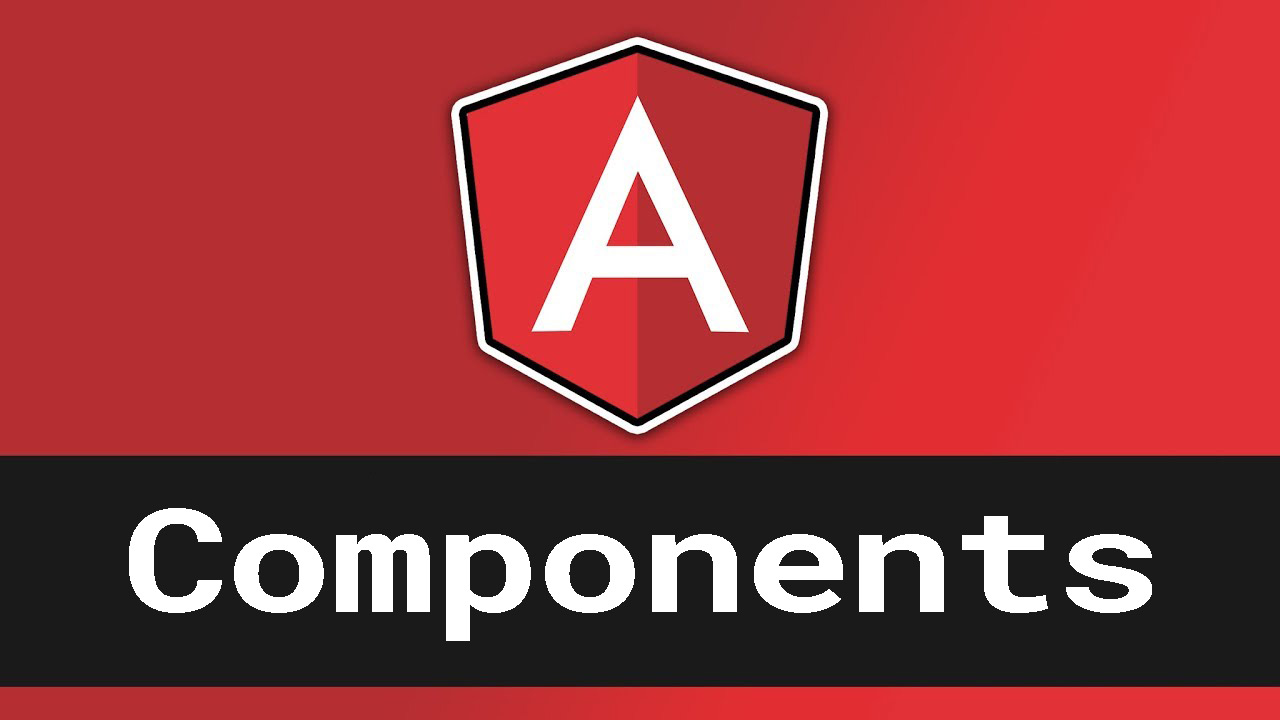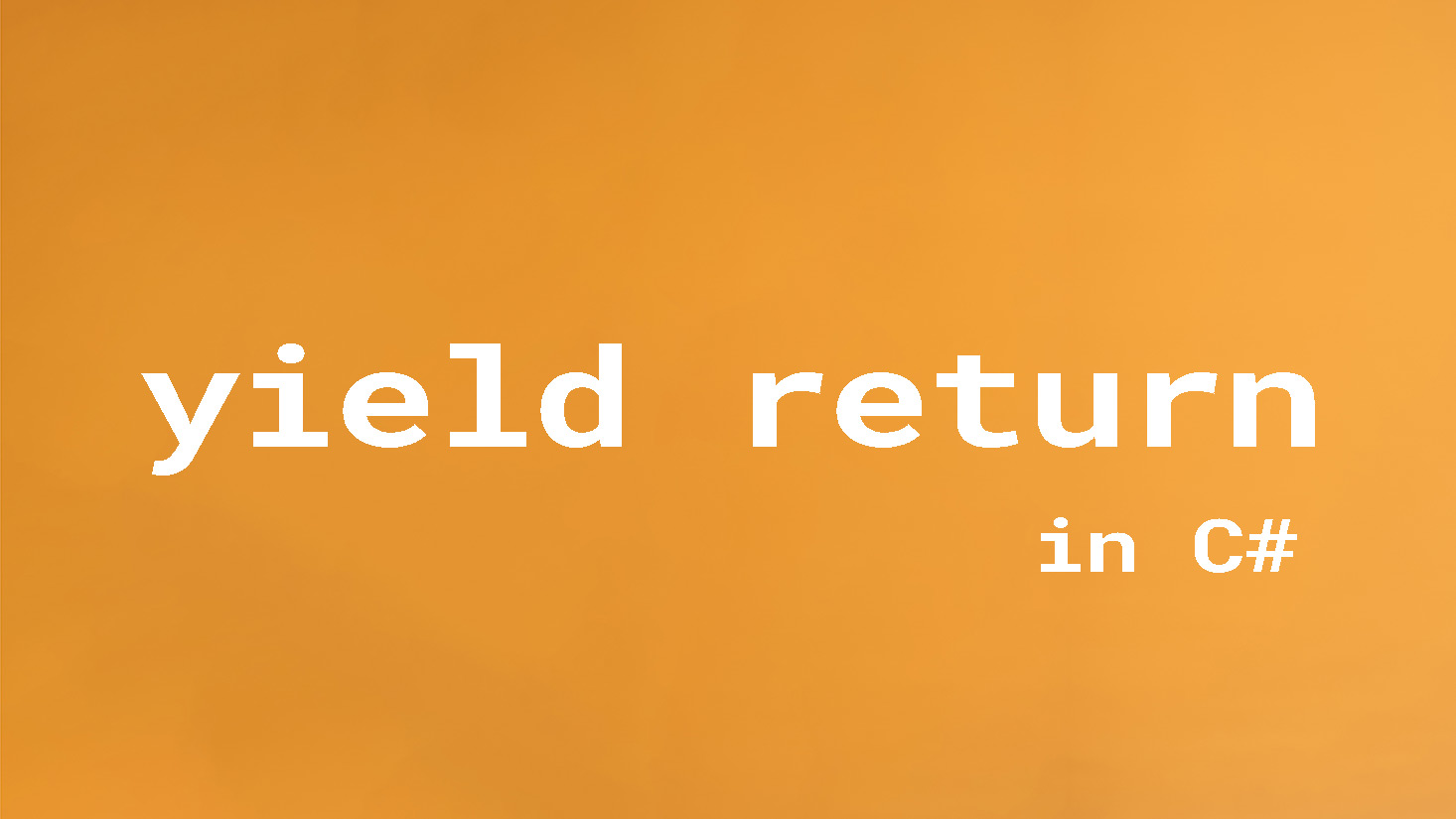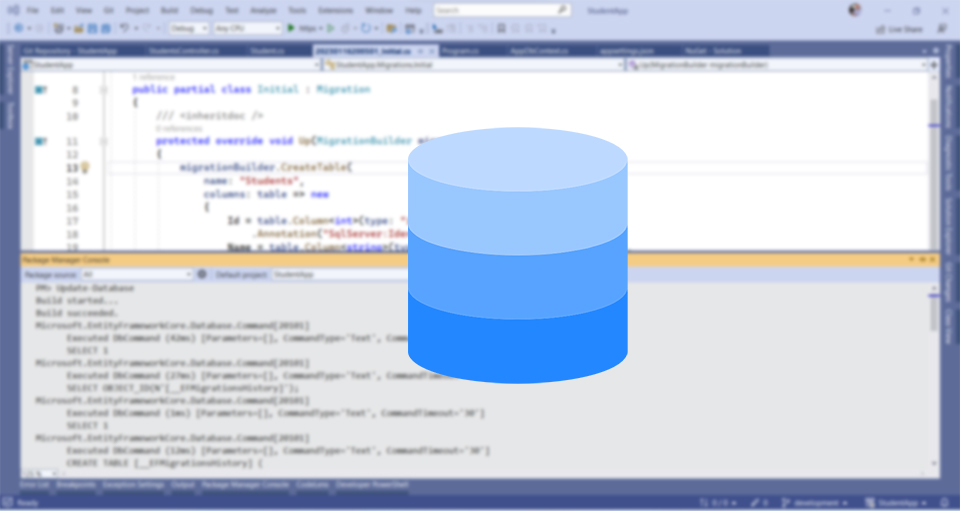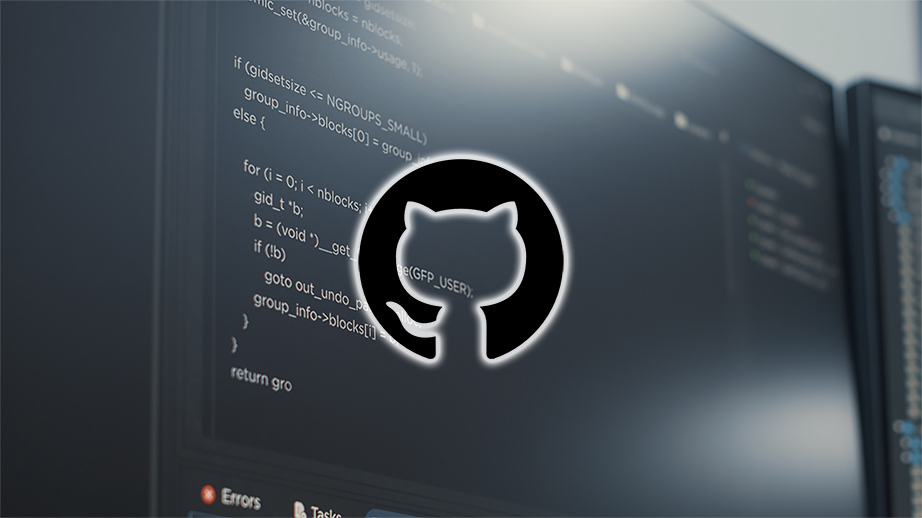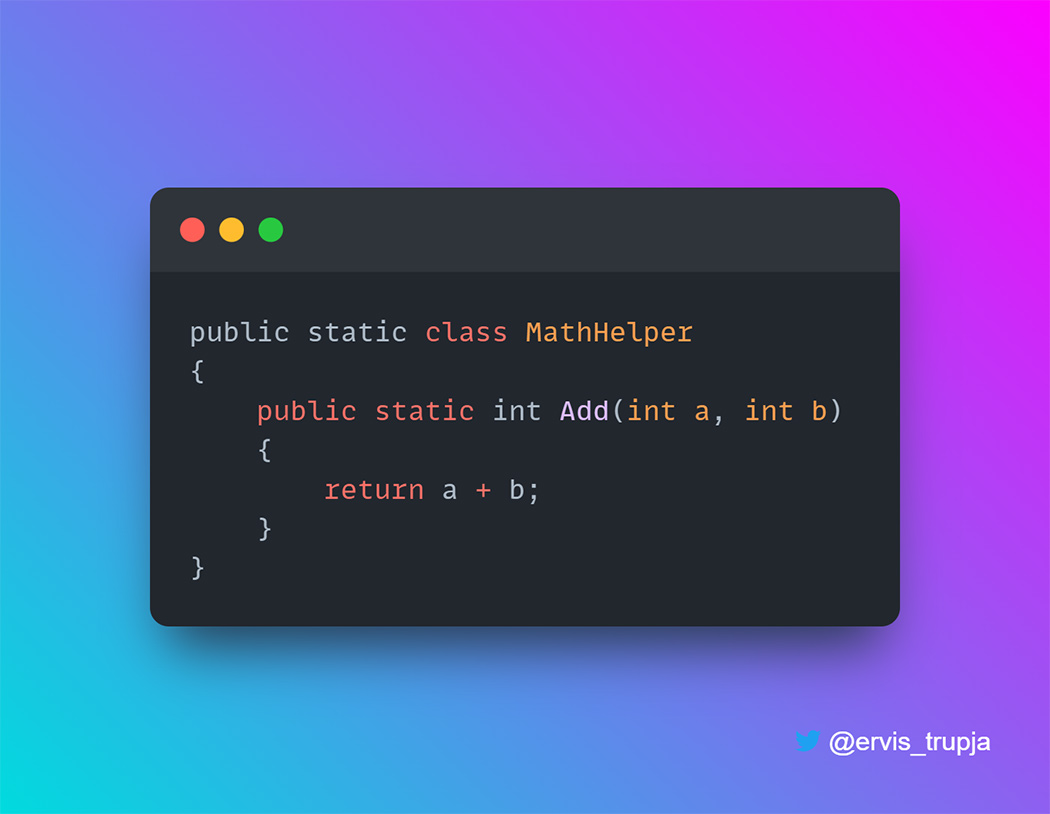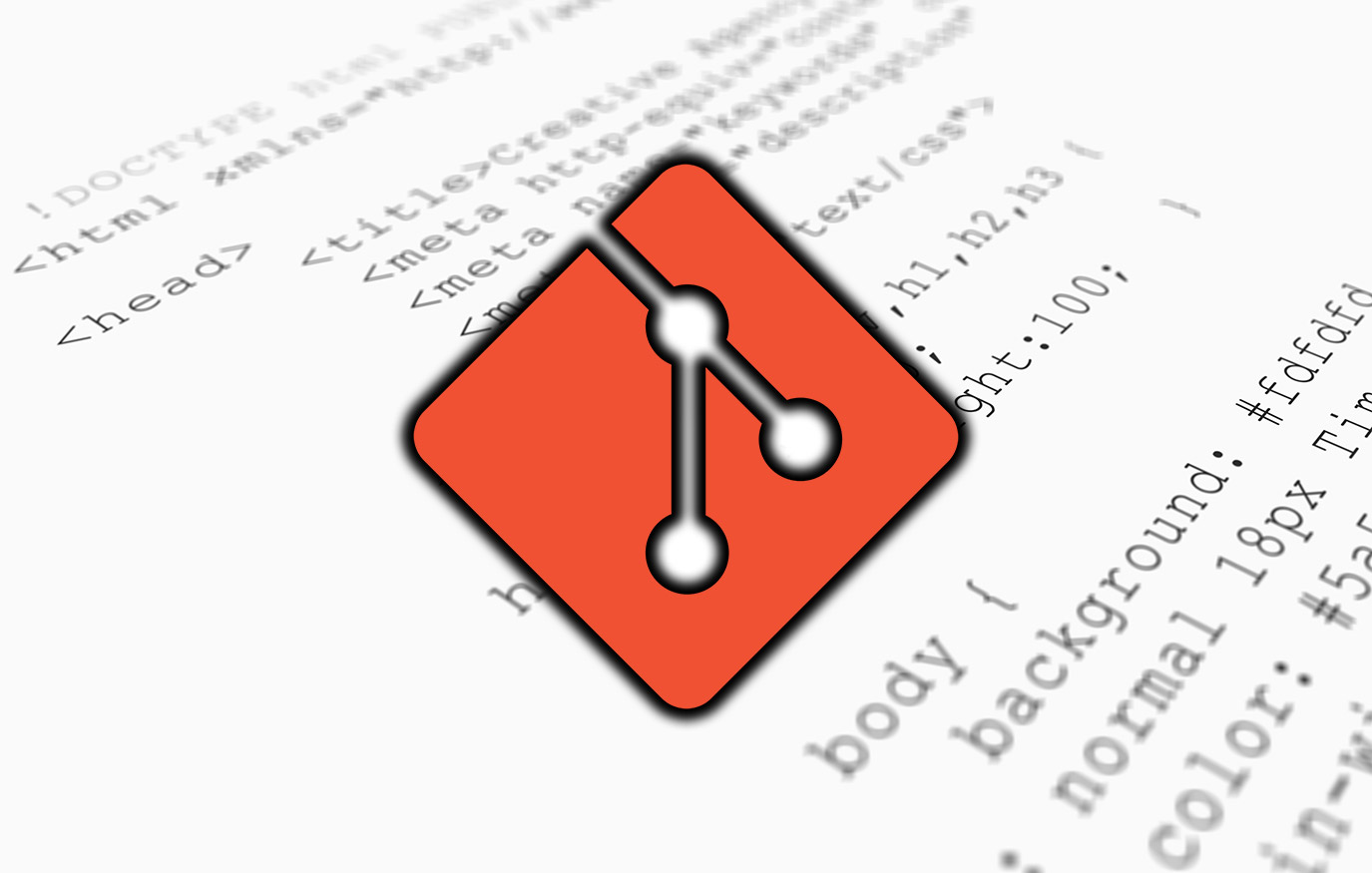In C#, the term “generic” refers to a type that is not limited to a specific data type. A generic type is declared by including a type parameter, represented by […]
Angular Data Binding: Synchronizing Pages with Application State
Data binding in Angular is a mechanism that allows the component to update the view automatically when the data in the component changes, and vice versa. This mechanism makes it […]
Exploring Angular Components: Understanding and Building Reusable UI Elements with Examples
A component is the most basic UI building block of an Angular app. It is a class that controls a specific part of the user interface, which includes: A component’s […]
Optimizing C# Code: Using ‘yield return’ to Boost Performance
One of the trickiest C# concepts is yield return. For me personally, it has been one of the hardest concepts to grasp and now that I think I have understood […]
An Introduction to Delegates in C#: Method Signatures, Function Pointers, and Use Cases
Delegates in C# are types that define a method signature. They allow methods to be passed as arguments to other methods or to be assigned to variables. Delegates can be […]
Understanding the Differences between Singleton, Scoped, and Transient Service Lifetime in .NET
To understand the difference between Singleton, Scoped, and Transient service lifetimes it is important to understand the life cycle of Dependency Injection. The life cycle of Dependency Injection (DI) refers […]
A Step-by-Step Guide to Configuring Entity Framework in Your .NET Web API Project
Entity Framework (EF) is an Object-Relational Mapping (ORM) framework that enables developers to interact with databases in a more efficient and convenient way, rather than having to write raw SQL […]
Top Git Commands Every Developer Should Know
Git is a version control system that allows developers to track and manage changes made to their code. It is an essential tool for any software development team, it helps […]
Static vs Non-Static Classes in C#: Understanding the Differences and Use Cases
In C#, a class is a blueprint for creating objects, providing initial values for member variables or properties, and implementations of member methods or functions. A class can have fields […]
Setting up Git on Your Local Machine
Git is a distributed version control system that enables developers to keep track of changes made to the code, collaborate with other developers, and maintain different versions of the codebase. […]

